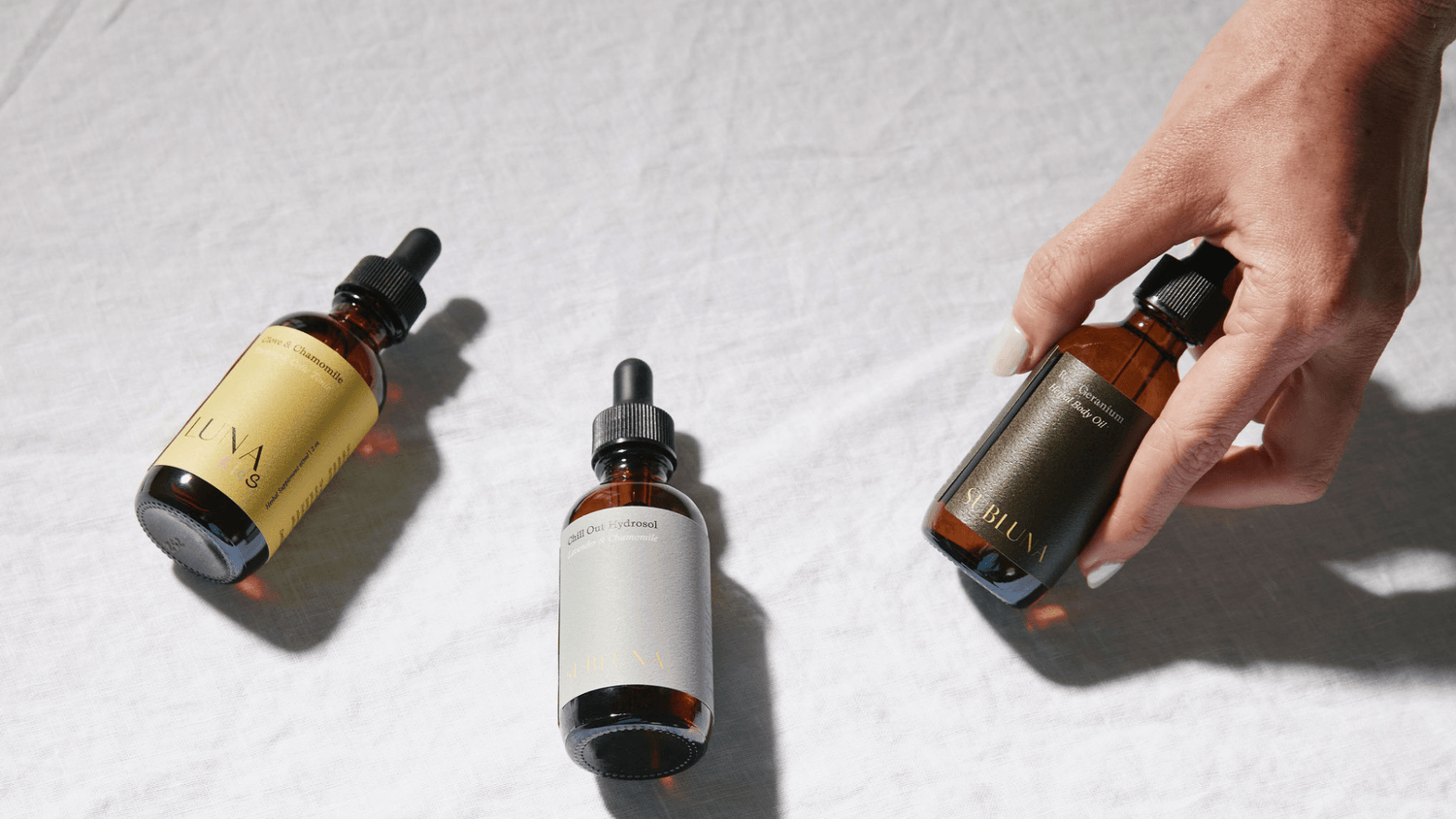Understanding Fevers: Your Body’s Natural Defense Mechanism
Fevers often cause concern, especially for parents, yet understanding their role can ease much of the anxiety around them. Fevers are an immune response, designed to help the body fight off infections. When a virus or bacteria enters the body, it triggers an inflammatory response that signals immune cells to take action, leading to an increase in body temperature.
This rise in body temperature, or fever, serves two critical functions:
- Weakening Pathogens – Many viruses and bacteria struggle to survive in higher temperatures.
- Boosting Immune Efficiency – The warmth enhances blood flow and helps immune cells move quickly, allowing the body to fight infections more effectively.
With this perspective, we see that fevers are a positive sign that the body is defending itself. Lowering a fever with antipyretics like ibuprofen or acetaminophen can actually slow the immune response, creating an environment where pathogens may thrive, and while it may lower the fever temporarily, it can make illness last longer or even continue to reoccur. Studies even suggest that children who naturally develop higher fevers often have better outcomes in illness, showing that fevers are a friend, not a foe.
Supporting Fevers Naturally
The best way to approach a fever is often to support the body rather than reducing the fever itself. Here are some natural ways to help:
- Hydration and Rest – Fevers can cause dehydration, so fluids and rest are essential. Lethargy during a fever is the body’s way of conserving energy to focus on fighting illness.
- Trust Your Instincts – Every child responds to fevers differently, and parents can rely on intuition rather than fear. Some children sleep more, while others are restless; understanding your child’s typical response helps in knowing when extra support might be needed.
Herbal Allies for Fever Support
Several herbs can support fevers naturally, especially diaphoretics—herbs that help regulate temperature by promoting sweating. These herbs are categorized as:
- Stimulating Diaphoretics – Useful for fevers with chills or shivering, these herbs help warm the body and circulate heat.
- Relaxing Diaphoretics – Ideal for hot, dry fevers, they open the pores and encourage sweating to release excess heat.
Here are some effective herbs for fever support:
- Yarrow – This versatile herb adapts to the body’s needs, acting as either a stimulating or relaxing diaphoretic. Yarrow helps regulate blood flow, moving it toward the skin to release heat or inward to warm the body during chills. A yarrow tincture or bath provides effective relief, with skin absorption working well for children.
- Elderflower – An excellent choice for hot, dry fevers, elderflower acts as a relaxing diaphoretic to open pores and induce gentle sweating. Elderflower tea or a tincture offers cooling relief and can be used as a compress for fever-related headaches or skin discomfort.
- Ginger – As a stimulating diaphoretic, ginger is helpful for fevers with chills. Its warming qualities encourage circulation and allow the fever to do its work efficiently. Ginger can be grated into hot water for tea or added to a warm bath to promote sweating.
- Mint Family Herbs – Herbs like peppermint, lemon balm, sage, and catnip are relaxing diaphoretics that naturally cool the body. These are especially helpful for hot, dry fevers, promoting gentle sweating and soothing discomfort. Catnip, in particular, is calming for children and helps ease digestive upset that can accompany illness.
Using these herbal allies can support a fever by enhancing, rather than suppressing, the body’s immune response. Whether in teas, tinctures, or baths, these herbs help regulate temperature and provide comfort during a fever.
Comfort Measures: Warm Baths and Herbal Remedies
A warm bath is a simple way to bring relief during a fever. Unlike cool baths, which can shock the body, warm baths help it relax, while evaporation provides temporary cooling without disrupting the immune response. Adding apple cider vinegar and Epsom salts can further support the fever; apple cider vinegar helps draw out heat, while Epsom salts replenish minerals lost through sweating.
Special Cases: When to Act Quickly
In rare situations, more immediate support may be needed, such as in cases of febrile seizures or prolonged low-grade fevers. When a child is prone to febrile seizures or neurological symptoms, quick action with cooling herbs in high doses may help manage the fever without halting the immune response. Cooling herbs like linden or Chinese skullcap can help reduce fever quickly; linden opens pores to release heat, and Chinese skullcap has neuroprotective properties valuable for brain-related symptoms. For low-grade fevers that linger, warming herbs like ginger may be more appropriate.
Having these herbs on hand provides peace of mind, offering effective support for fevers without compromising the body’s natural defenses.
Conclusion
Fevers are often more challenging for parents than for children, but with the right knowledge and tools, they can be managed with confidence. Supporting a fever naturally through hydration, rest, and herbal allies allows the body to work efficiently while keeping the child comfortable. In special cases where quick action is needed, herbs may provide safe and effective support.
By understanding the role of fever and how to work with the body rather than against it, parents can approach illness with calm assurance, knowing they’re supporting their child’s health in the best way possible.



